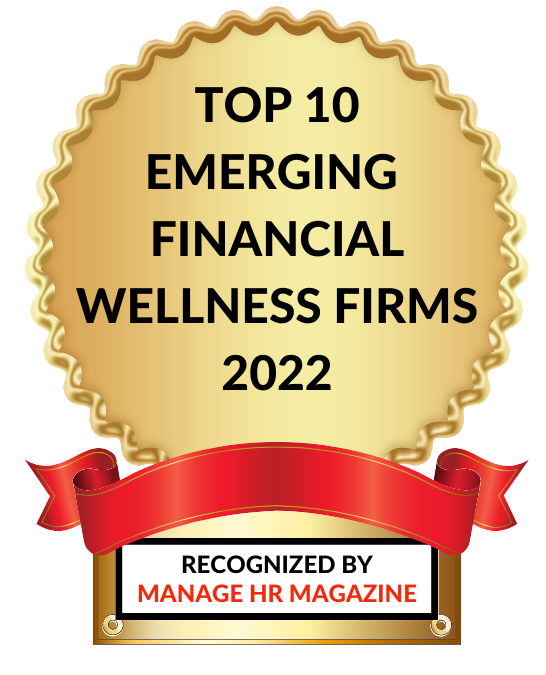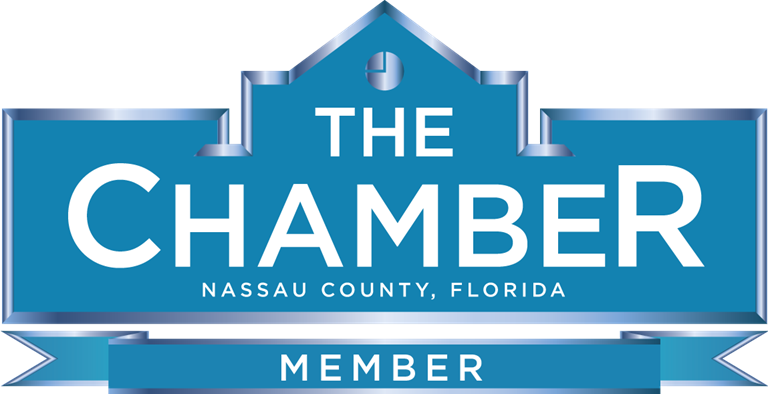Wanting to retire early? Factors to consider before taking the plunge.

Most of us dream about the day we’ll retire and imagine doing so while we are still young enough to enjoy it. Oftentimes, though, people who retire early find themselves “unretiring” and returning to work just a short time later.
There are many reasons why this may happen, but the most common one is people underestimating their expenses. While we are still working, the typical rule of thumb is to have an “emergency fund” on hand for those unforeseen medical events, car problems, and other surprises. So yes, we should also plan for these unforeseen events even in retirement.
Here are some tips to think about before you jump headfirst into retirement.
Prepare for the costs of healthcare and leisure.
Healthcare is one of the biggest expenses in retirement. Let’s say you plan to retire at 55 years old. That means you’ll no longer be able to rely on health insurance from your employer and may have to pay for healthcare out of pocket for the next 10 years. Given what healthcare costs are today, there is no telling what that would look like 5 or 10 years from now. Furthermore, just one major illness or hospitalization can deplete your savings in an instant if you are uninsured. Ask yourself, “How healthy am I?” and “Will major healthcare costs potentially be part of my retirement future?”
Being healthy is always the ultimate goal so that we can enjoy our retirement years, in which case you may spend more money on experiences and travel than you do on healthcare. To prepare for these potential costs, you must take a close look at your current investments. Will they keep up with rising costs? Also ask yourself, “Is travel important to me in retirement?” and think about where you may want to go once you have the free time to do so. With these answers, you can begin to devise your financial plan.
Determine which investment vehicles are best suited for your retirement needs.
Once you stop working, you will likely stop contributions to your 401K and/or IRA. As you begin drawing from these retirement accounts to pay for everyday expenses, the growth of these assets may slow, therefore decreasing your savings potential. To many, this is the most important time to transition such accounts into a safe environment, so that the money you do have saved for retirement is protected as you transition into this new phase of life. These types of accounts, as well as other investments such as brokerage accounts, are tied to the stock market and can also carry a lot of risk. One could work hard their entire life putting money into a 401K or IRA just to see the savings depleted in a down market.
It may be beneficial to consider transferring your 401K or IRA money into a new kind of retirement savings vehicle, like a Fixed Index Annuity (FIA). Fixed Index Annuities are offered by insurance companies and grow by following a specific market index. When the index is doing well, the account will earn interest; when the index is not doing so well, your values are protected by the insurance company and you don’t lose any money.
An FIA will allow you to grow your asset at a reasonable rate of return with the intent of turning on income in the future. This income can be beneficial in supplementing your social security benefits and other income sources, which can go a long way towards helping you pay for healthcare and/or travel in retirement. Some FIA’s even offer long-term care and assisted living benefits, which offer a sense of security when planning for those unforeseen medical needs that could arise in your future.
Account for the cost of taxes.
Taxes are a huge factor to consider in estimating your costs in retirement, including property tax, sales tax, and income tax. The type of asset from which you withdraw your retirement income will also determine the different tax implications. Taxes may also vary from state to state, making where you plan to live in retirement an important consideration.
Your retirement plan should include the total cost of taxes and it all starts with location. Ask yourself, “Where do I plan on living in retirement?” If you plan to move, research how the cost of living in the new city compares to your current city. If you plan to purchase a new or additional home, find out what those property taxes cost. These are all factors that will help you better plan for your income needs, regardless of the age at which you hope to retire.
Decide how you will keep busy.
Finances are one aspect, but having too much time on one’s hands is another thing that drives people back into the workforce after they have retired. We need a sense of purpose, a reason to get out of bed in the morning. As blissful and dreamy as early retirement sounds, few actually think about all of that additional time and how they’re going to fill it.
Think about what your days will look like without the structure and routine of work. Remember, you can only go out to eat, to social events, and travel so much, especially when living on a retiree’s budget. Then what? If most of your friends are still working full-time, you may need to come up with some hobbies or other ideas to fill your time. It is important for you and your spouse to maintain individual interests as well, as you likely didn’t spend 100% of your time together before retirement so this can be an overwhelming transition for some.
Plan for the extra costs that new hobbies or activities might bring and incorporate those additional expenses into your retirement income plan as well.
Know what your plan is before you retire.
The bottom line is that life is expensive and can often throw you curveballs. It’s ok to dream, and it’s important to work toward goals, but it’s imperative to be realistic and proactive when it comes to planning for your financial future. This is especially true if you want to retire early.
At Summerlin Benefits Consulting, we help clients of all ages and in all stages of life, whether they have already retired or are just beginning the planning process. Our process generally begins with a free educational seminar for potential clients and a no-obligation consultation so that we can help you navigate which savings vehicles are best suited to reaching your retirement goals. We then make things simple and easy-to-understand as we lay out potential options and how those options affect retirement. Contact our office today, if you’d like to learn more.






